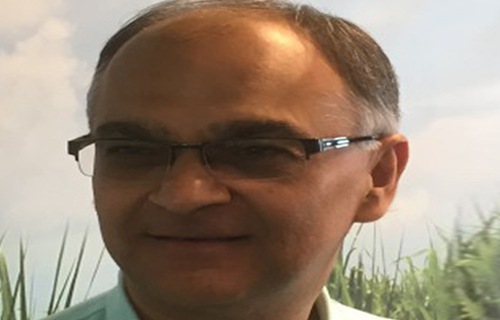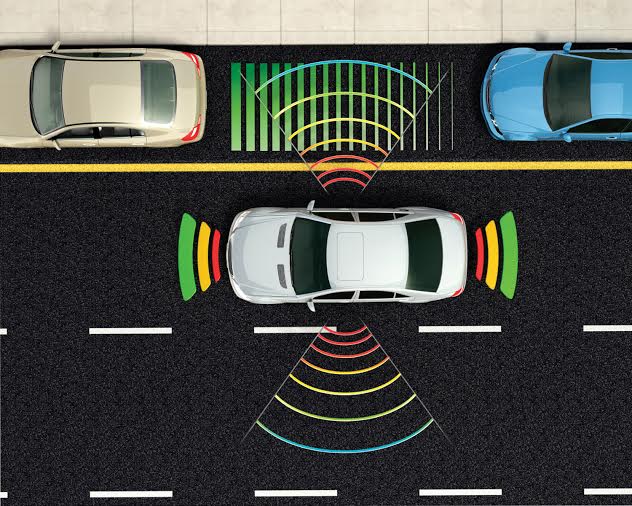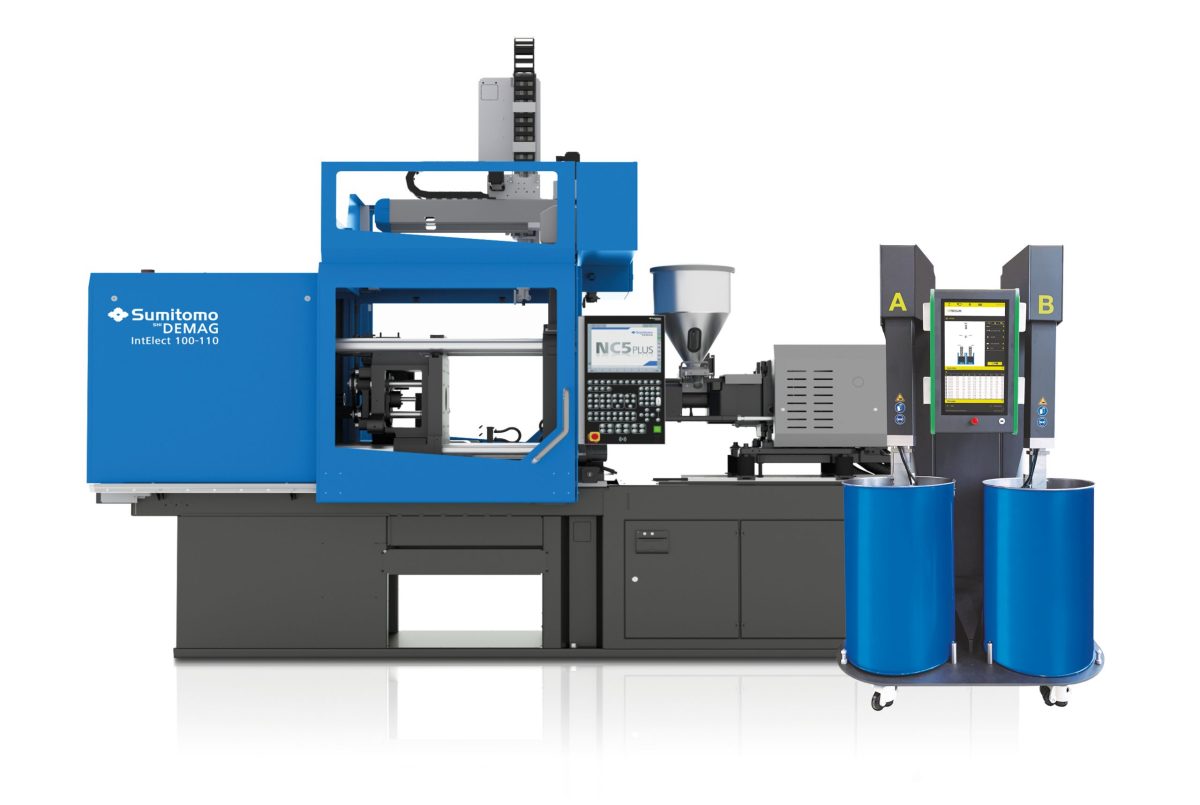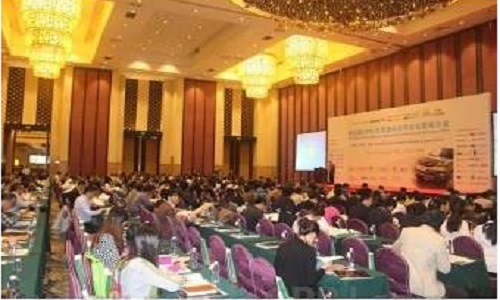Processing Technologies International (PTi), a US sheet extrusion machinery supplier, has successfully demonstrated that its “dryer-less” twin-screw sheet extrusion production system can convert mixed regrind (polyethylene terephthalate glycol, PETG and amorphous PET, APET) into processable, thermoformed sheet for consumer packaging.
“Our dryer-less twin-screw system is a new option that is well suited to process post-consumer and post-industrial PET GAG regrind, unlike conventional extrusion systems that require a dryer and a crystallizer,” said Sushant Jain, Senior Scientist for PTi.
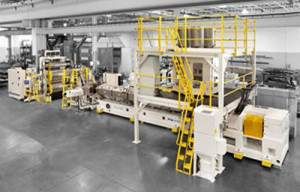
Production-scale trials were run on PTi’s 85mm high-vacuum twin-screw extruder with 100% mixed scrap known as GAG. Clear mixed material sheet was produced thus demonstrating a successful method to recycle GAG sheet scrap. The final blend was composed of approximately 20% PETG/80% APET.
Many thermoformers use a PET-GAG sheet which is a PETG/APET/PETG multi-layer sheet structure for consumer packaging. The benefit of this structure is that the PETG layers offer superior heat sealing and printing properties over APET.
However, the scrap from this sheet structure ends up in a landfill because extruders can’t effectively process this material with conventional equipment.
Recycling the trim and thermoforming skeleton scrap is a challenge due to the widely different drying temperatures for PETG and APET, according to Jain.
PETG’s drying temperature is 66°C while APET’s is approximately 149°C. At higher temperatures, pellets/flake can agglomerate and plug up the crystallizer and dryer.
PTi said the patented HVTSE dryer-less extrusion system is ideally suited to process mixed PETG and APET sheet scrap. This High-Vacuum Twin-Screw Extruder (HVTSE) technology from Bandera, which allows PET to be processed without the need for crystallizing and drying, can easily convert this material into usable sheet.
HVTSE systems ranging from 85-170mm are capable of processing PET at rates ranging from 1,045kg/h to 2,500kg/h, and convert a variety of resins including post-consumer and industrial PET/PLA, PP, HDPE, HIPS and more.
The energy-efficient design allows virgin or recycled PET to be processed without the need for raw material drying and crystallizing. It employs a single atmospheric and dual high-vacuum, vent system with a co-rotating twin-screw extruder. This novel approach allows moisture and other volatiles to be removed as part of the extrusion process.
The dryer-less sheet extrusion system is an eco-conscious manufacturing solution which delivers major energy and cost savings, according to Matt Banach, PTi’s Senior Vice President of Sales and Marketing. It is a significant reduction in the carbon footprint of virgin and recycled PET sheet production.
In terms of sustainability advantages, the HVTSE process provides a reduction of about 80-85kWh/1,000lbs in energy consumption versus conventional PET processing. This savings equates to more than 31.6 gigawatt hours of annual power consumption when factored across PTi’s 470 million pounds of theoretical installed HVTSE PET capacity base.
The resultant energy savings could mean a reduction in CO2 gas emissions of more than 23 million pounds per year from fossil-fuel burning power plants, the company estimates.
Website: www.adsalecprj.com


